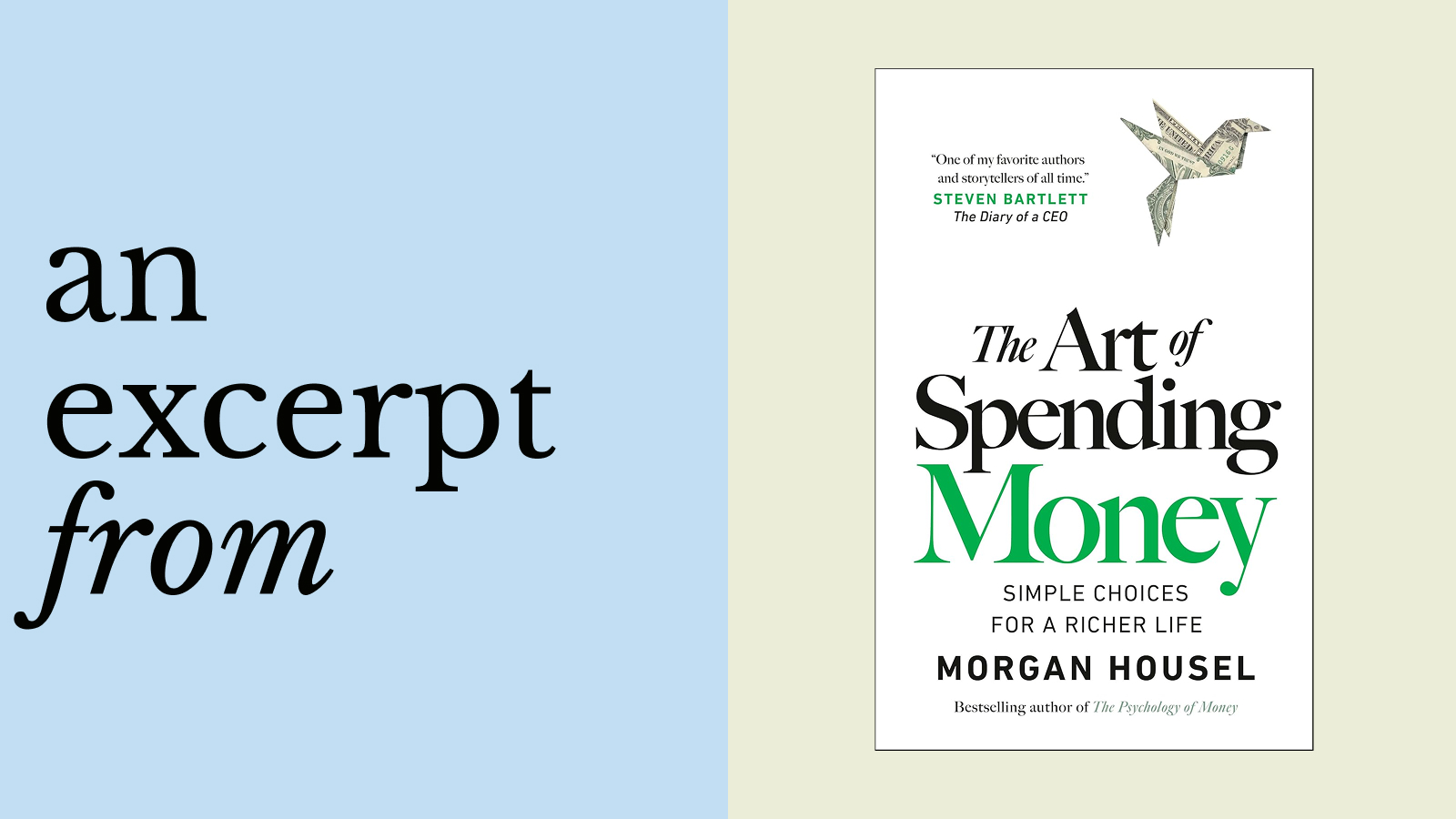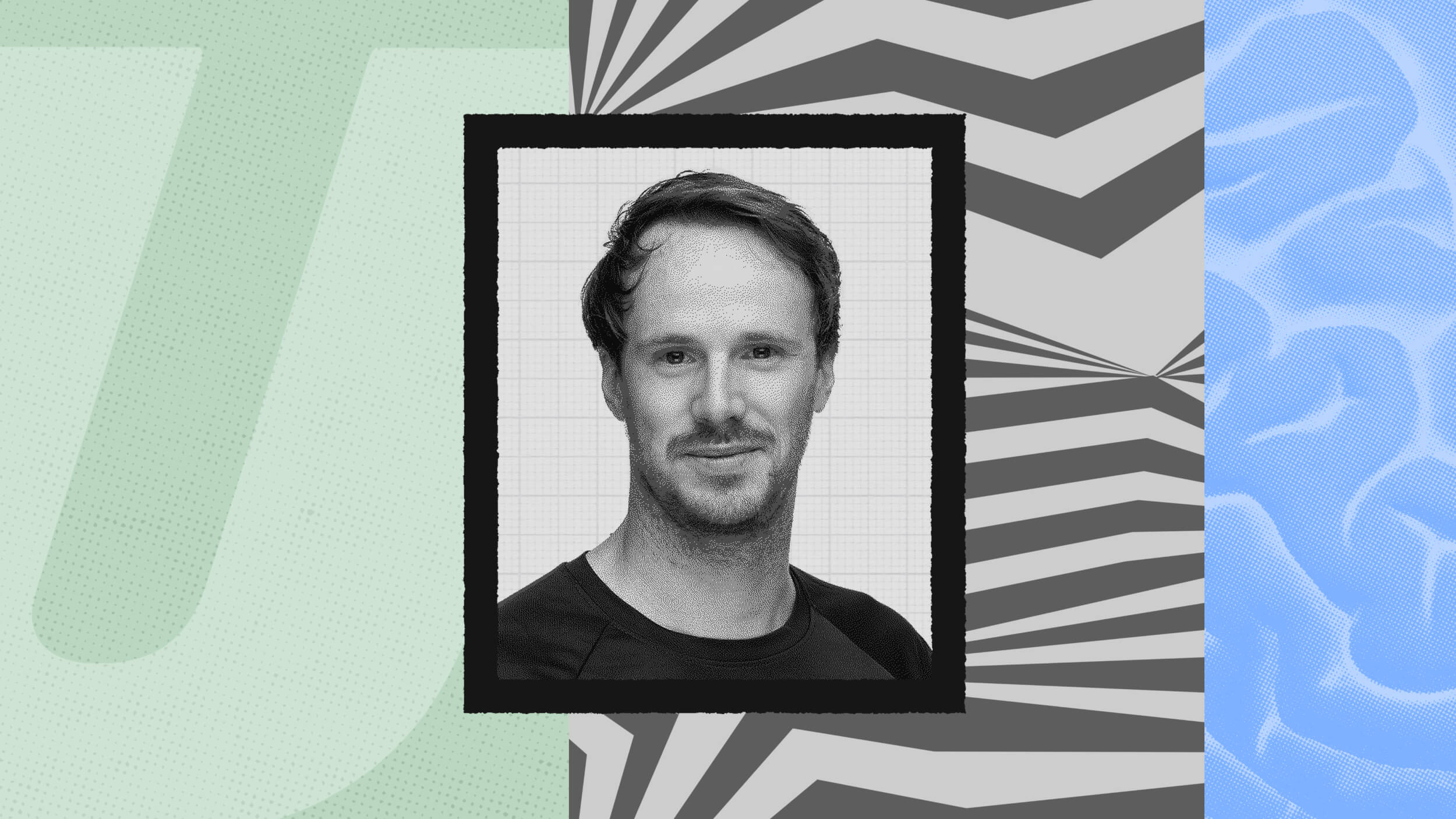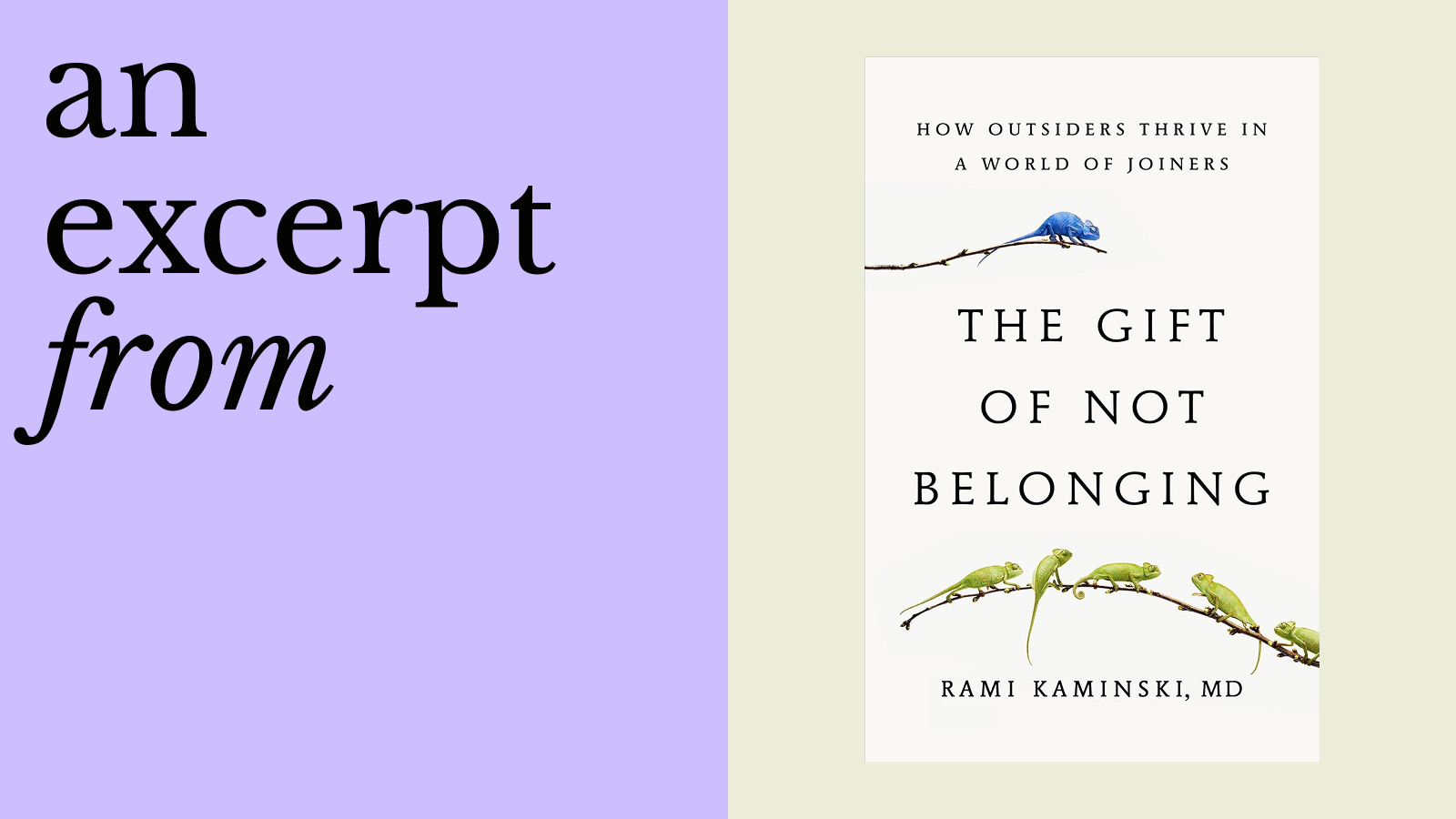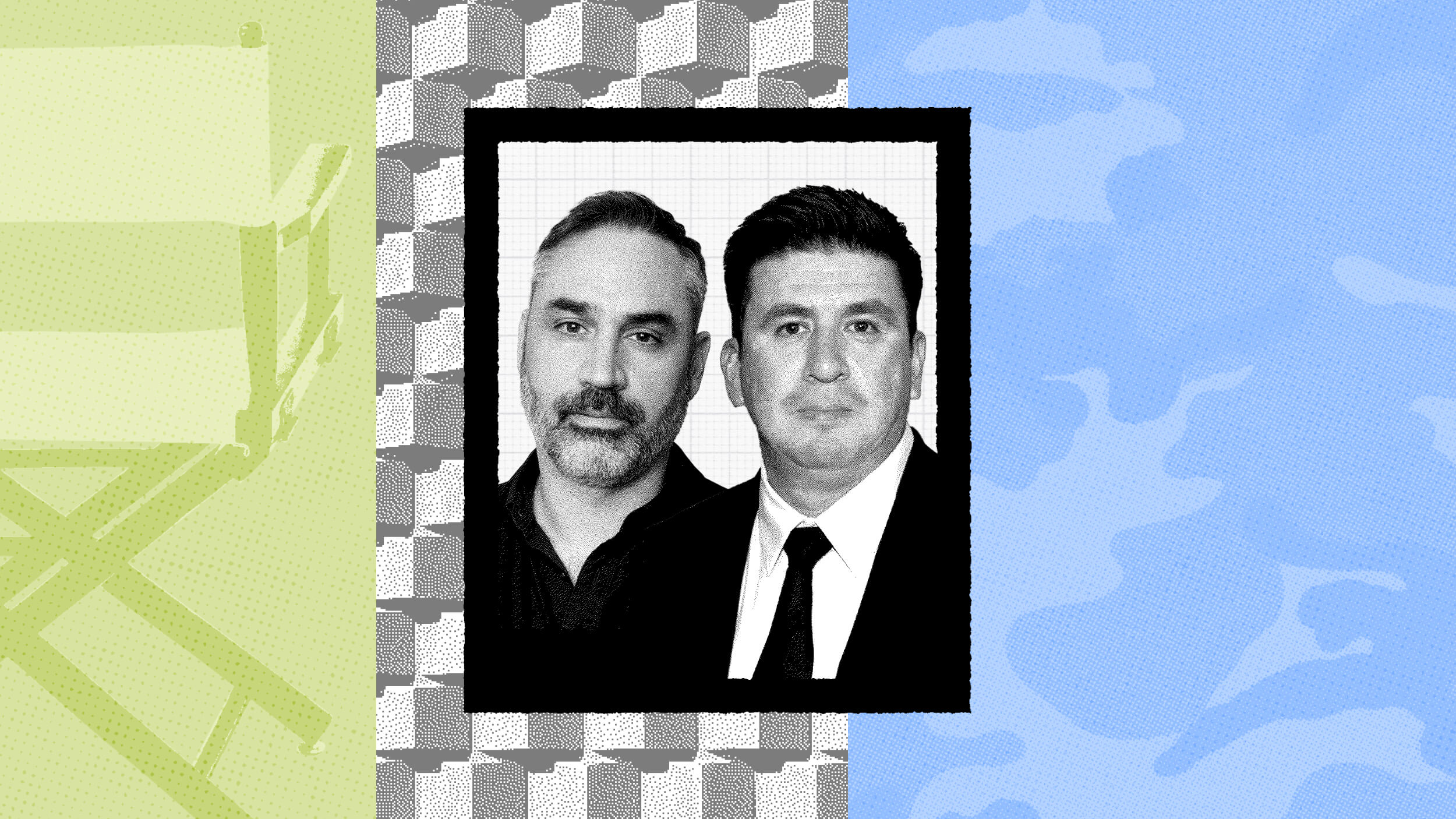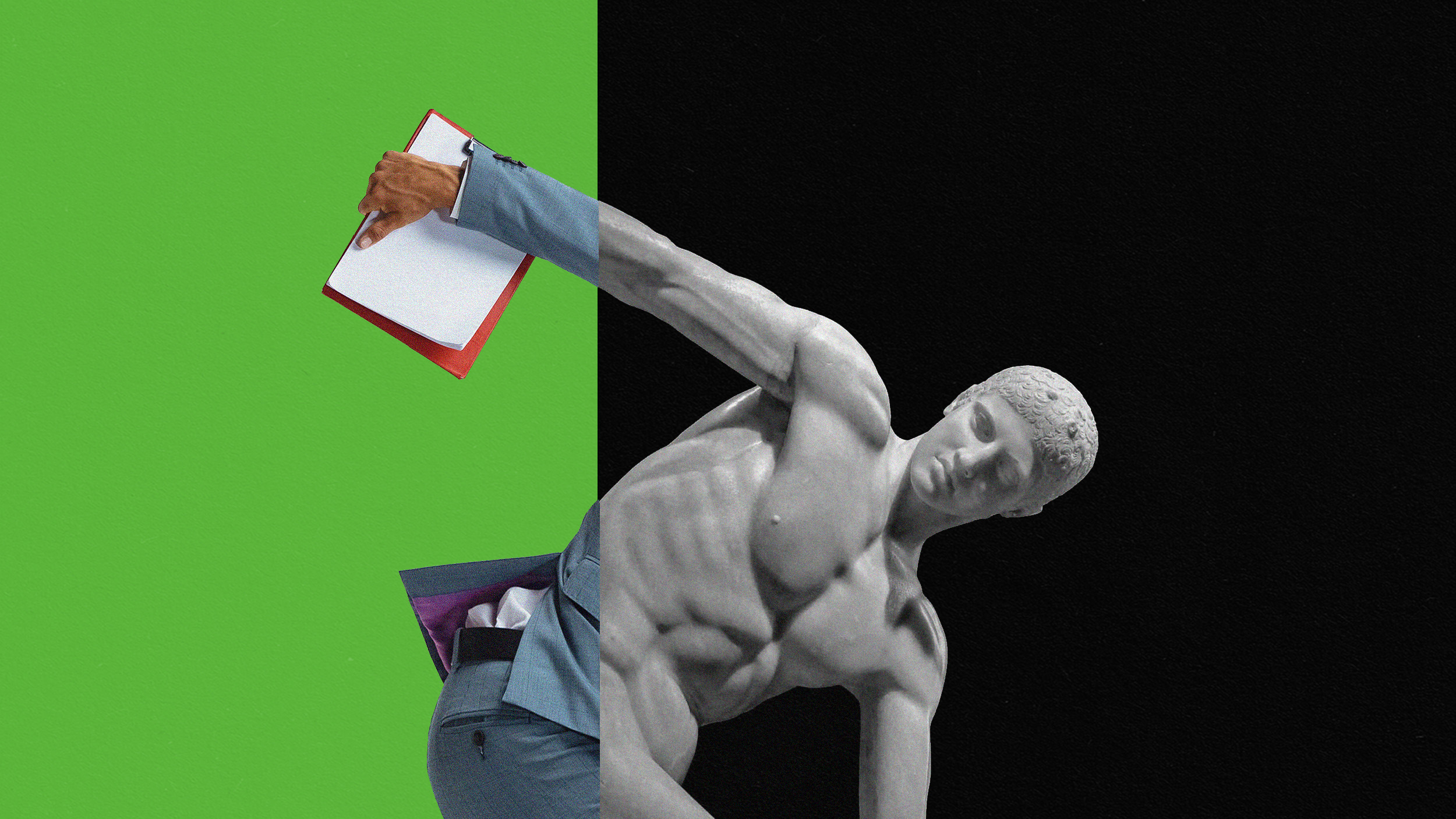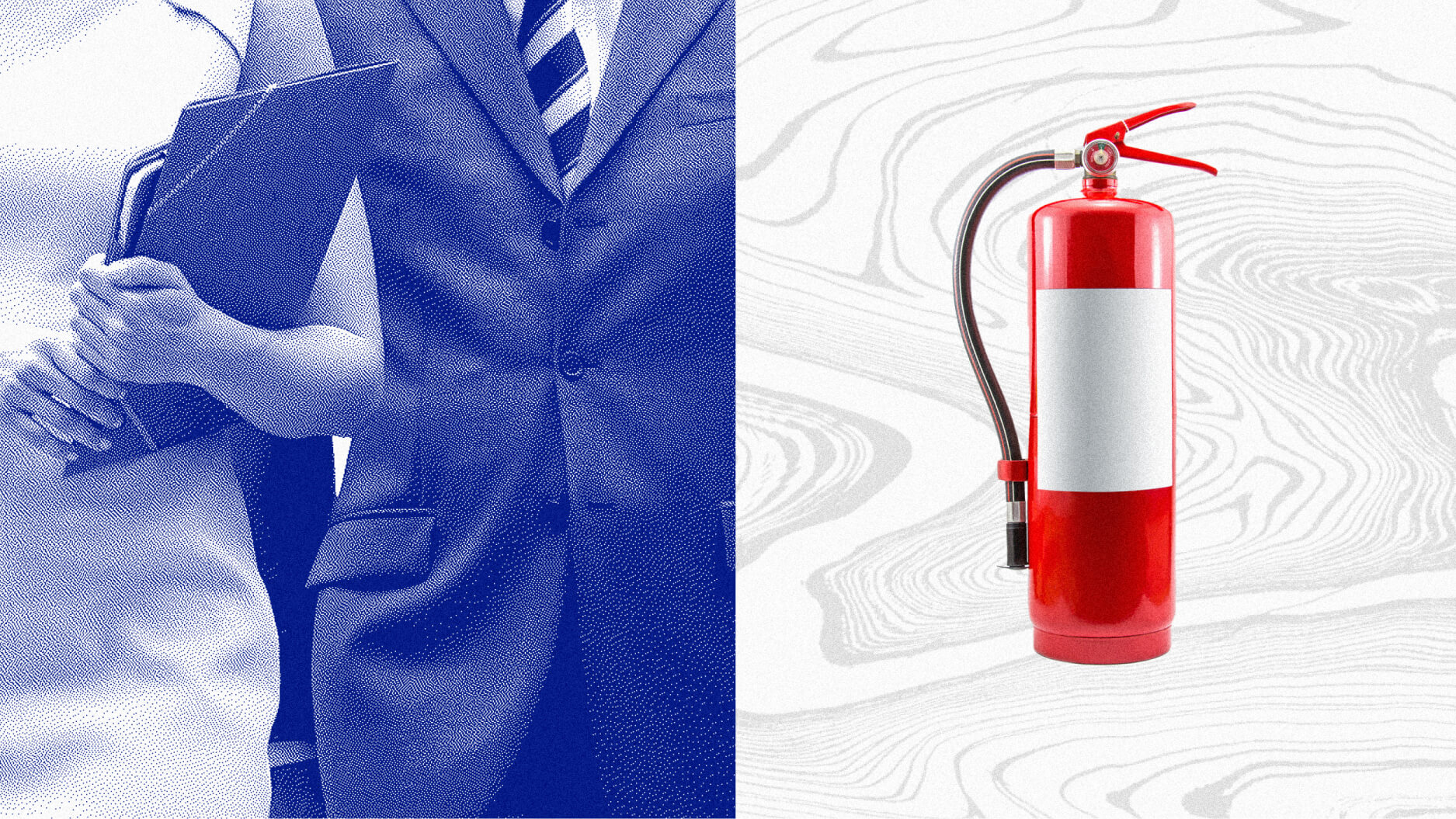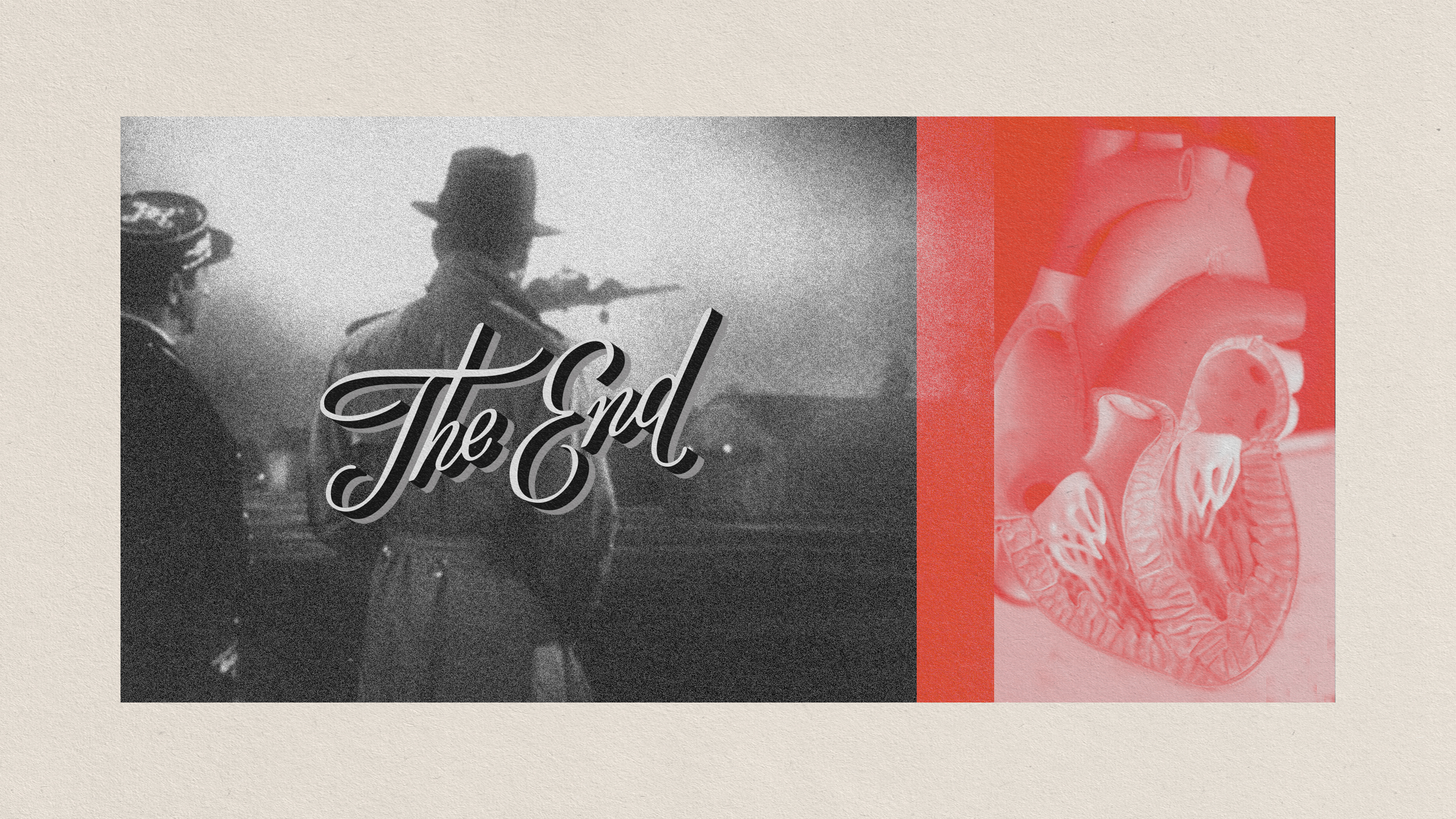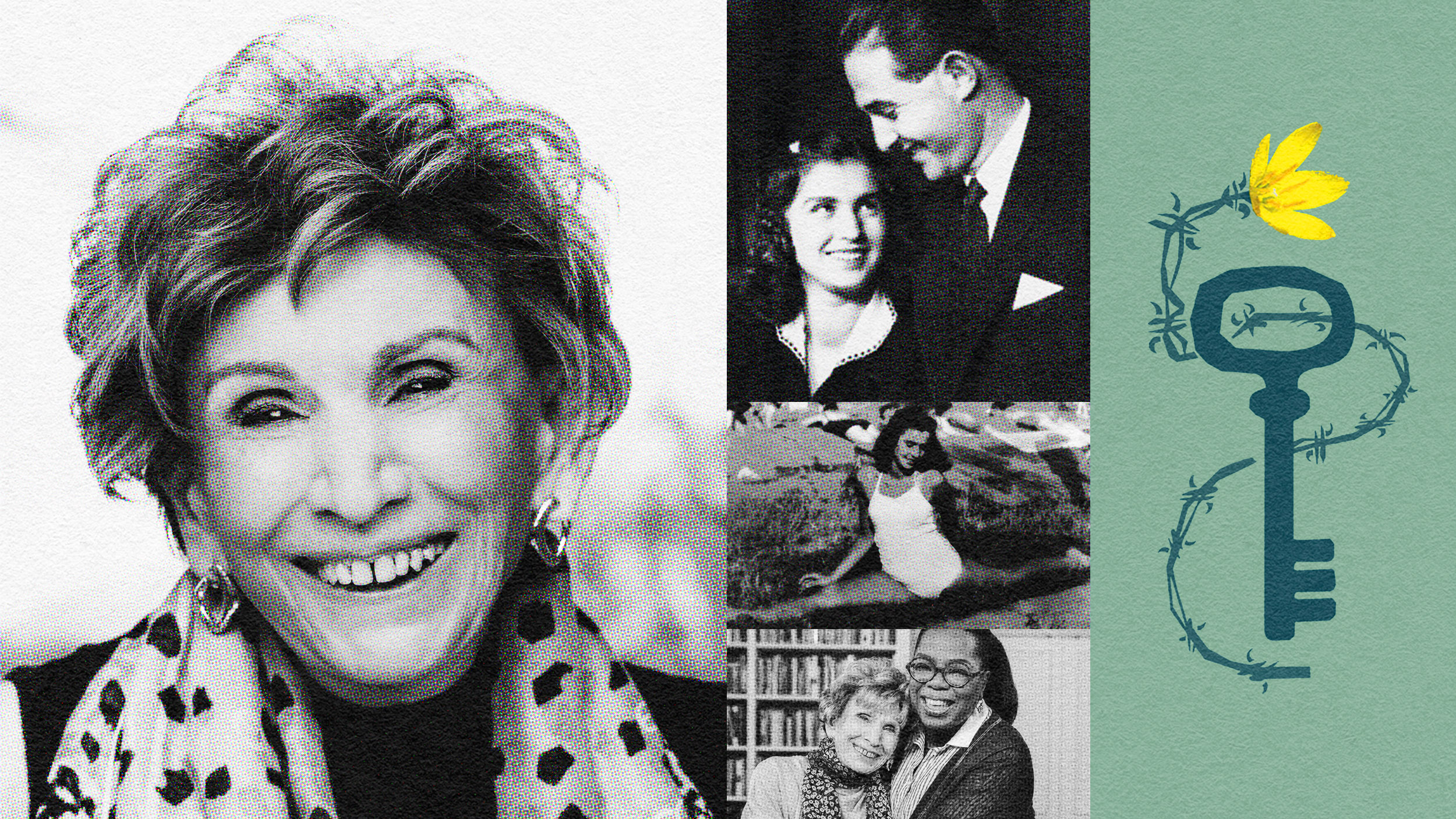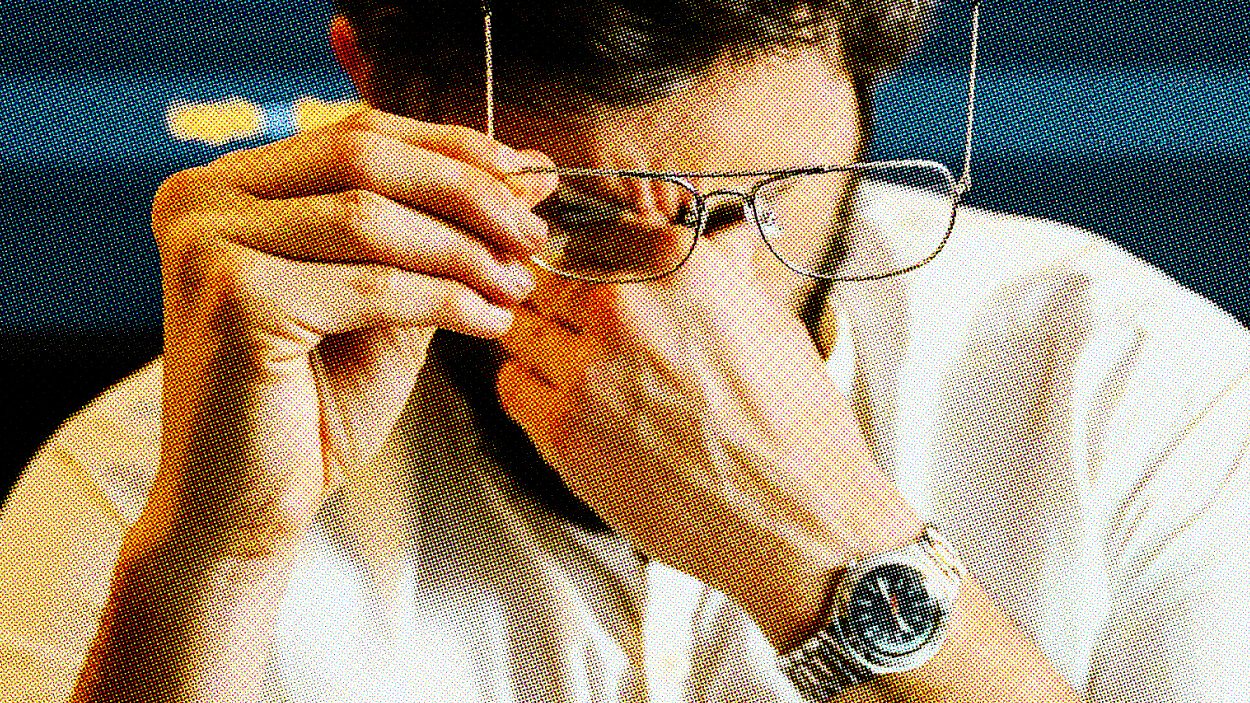mental health
In this excerpt from “Playful,” Cas Holman surveys the research that brought the neuroscience of play into the mainstream.
In this excerpt from “The Art of Spending Money,” Morgan Housel lays out the spending and financial habits guaranteed to end in regret.
The UNILAD founder followed a rocky road to success — and his 2023 ADHD diagnosis proved revelatory.
In “The Gift of Not Belonging,” Rami Kaminski explains why group consensus may hinder the original thinkers who help advance society.
How we handle grief largely depends on our worldview. Here is how three famous philosophers handled the certainty of grief and despair.
Want to know how to handle work-life pressure? Big Think asked Warfare co-directors Alex Garland and Ray Mendoza.
A powerful psychedelic long used in African rituals shows surprising promise for treating traumatic brain injury and PTSD.
When your life’s truth and the reality you live become out of sync, you risk falling into an “anxiety spiral.”
When plans fall apart, adaptability can build something better.
Robert Waldinger, Zen priest and Harvard professor, explains why fulfillment isn’t about reaching an idealized state. It’s found in everyday acts of kindness and compassion.
From “job crafting” to questioning our preconceived ideas about work, there are many ways to fight burnout and disengagement.
Ethan Kross, psychologist and author of “Shift,” explains how negative emotions help us live safely and well.
What we can all learn about the journey from sporting arena to workplace — and how Aristotle can guide our thinking.
Performance psychology reveals the mental techniques elite athletes use to build and maintain their confidence.
An alternative vision of the future of work for senior executives might hold a solution to relentless workplace stress.
“The amount of interest is enormous,” says anesthesiologist Boris Heifets. “People are dropping in and coming out of the woodwork, trying to understand how to do this.”
Sunita Sah hopes that by redefining defiance, we can build societies that allow people to live more authentic lives.
Can we learn to always look on the bright side of life?
Listen, set boundaries, and point them where to go.
Psychotherapist Israa Nasir explains how a “value-aligned life” can help us crush our goals — without being crushed by the need to accomplish more.
There’s little more infuriating in the world than being told to “calm down” when you’re in the midst of a simmering grump.
Cal Newport explains how you and your teams can accomplish more while improving quality and supercharging workplace morale.
How can “you” move on when the old “you” is gone?
“I am free. It’s a lot of effort to be free from the prison that is in your mind, and the key is in your pocket.” – Edith Eva Eger
“The primary way that people make friends is through institutions.”
To maintain momentum and flow, the great novelist Ernest Hemingway didn’t burn himself out — but learned when to put his work down.
Why “audio gaps” in video meetings wear us out — and why we need the meaningful relationships forged in communal workspaces.
Monica Parker explains how creating opportunities for wonder can help foster a thriving, inclusive workplace.
The writer’s tragic death at age 46 has led many to view him as a tortured artist. Here’s why this label is reductive.

